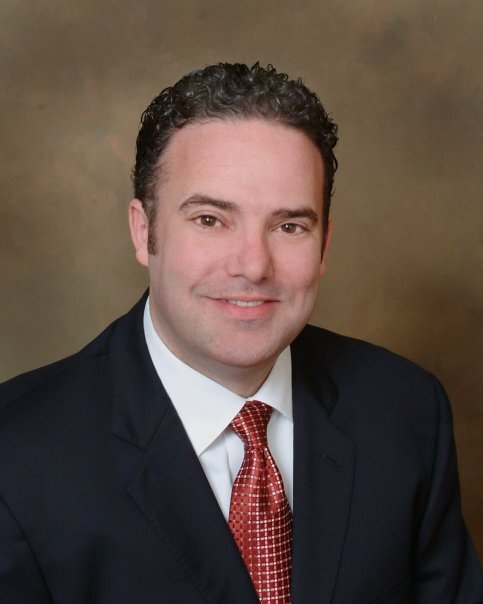NEWARK (Legal Newsline) - The Washington Legal Foundation (WLF) is among the organizations that have filed an amicus brief arguing against the appeal of a federal judge’s decision to allow Johnson & Johnson to proceed with its bankruptcy.
The ‘Texas two-step’ reference is to Section 1.002(55)(A) of the Texas Business Organizations Code, in which one entity of a corporation is saddled with legal liabilities and the other retains corporate assets.
“It’s not uncommon that the people who benefit the most from mass tort lawsuits are the plaintiffs’ attorneys and nobody else,” said Cory L. Andrews, WLF general counsel and vice president of litigation. “Occasionally, injured parties will get recovery but more often than not attorneys get a windfall, which is to say they get more than just being compensated.”
The 'friend of the court' brief was filed In re LTL Management, LLC on Aug. 22 in the U.S. Court of Appeals for the Third Circuit from the U.S. Bankruptcy Court for the District of New Jersey.
As previously reported in Legal Newsline, Chief Bankruptcy Judge Michael B. Kaplan denied a challenge by plaintiff lawyers arguing that the bankruptcy through the Johnson & Johnson subsidiary LTL Management was an abuse of legal proceedings.
“Our brief does a good job of explaining that the bankruptcy system is dramatically fairer than the tort system for future claimants,” Andrews told Legal Newsline. “Recovery is never guaranteed under the mass tort system because it operates like a lottery. Most claimants get nothing, which is what has happened in the two dozen cases that have been tried to verdict.”
The U.S. Chamber Litigation Center also filed an amicus brief on Aug. 22 in support of Johnson & Johnson and its LTL Management subsidiary.
“Compensation systems established through bankruptcy allow claimants to receive timely payments rather than having to pursue lengthy litigation against multiple defendants,” wrote attorney Ilana H. Eisenstein in the U.S. Chamber’s brief. “The bankruptcy system has a long history of effectively managing the extraordinary costs and inefficiencies of mass tort litigation that may bankrupt a company. It maximizes the funds available to claimants and serves the U.S. economy in positive ways.”
WLF’s arguments include the following:
Bankruptcy court oversight provides a more efficient system of recovery for plaintiffs.
“Efficiency has always been one of the key bankruptcy concerns because you want to resolve as many claims as expeditiously as you can in one proceeding,” Andrews said. “Efficiency is always a bankruptcy use because you want to conserve all of the estate of the debtor as much as you can."
Bankruptcy court oversight ensures equal treatment of current and future plaintiffs.
“If the claims had stayed in the tort system, there was a risk that the old Johnson & Johnson entity would have just been completely depleted before they ever even had their day in court and that concern disappears now,” said Andrews.
The divisional merger was neither unlawful nor improper and nothing supports the claim of hypothetical future abuse of the statute.
“One of the things they argued was that everyone would start using bankruptcy court in this way to avoid mass tort liability but they offer no support for that allegation,” Andrews added. “Nothing in the statute alters existing laws or duties, or tort duties.”
Editor's note: Legal Newsline is owned by the U.S. Chamber Institute for Legal Reform.
